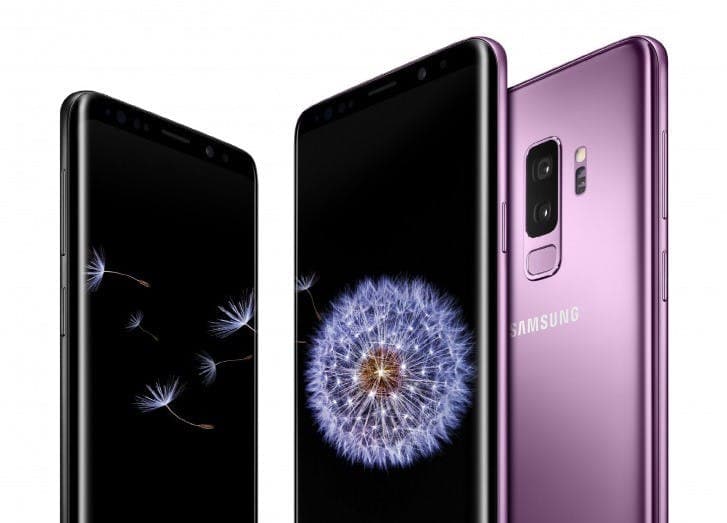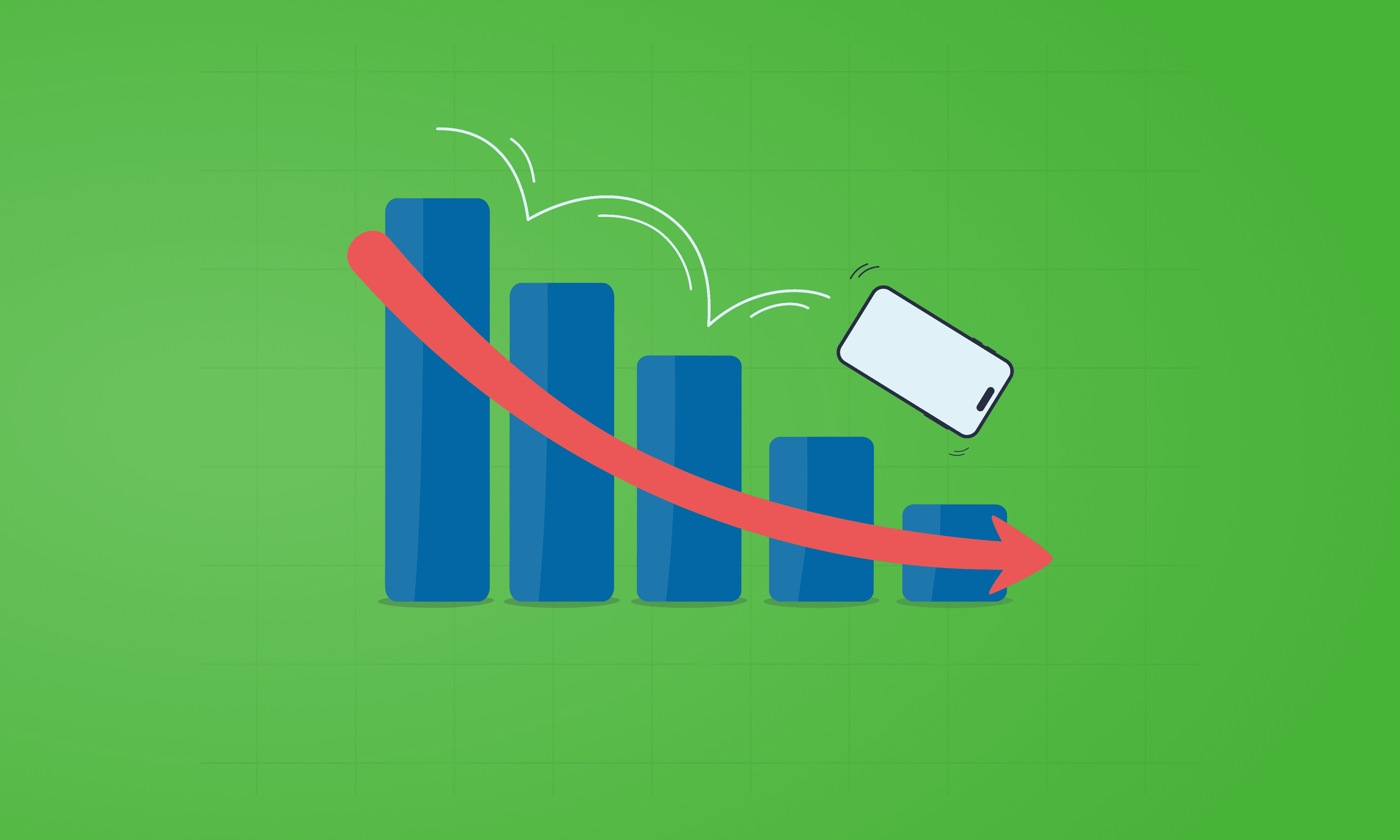Galaxy S9 vs S9 Plus - similar looks, big camera and feature power, but key differences matter. We break down what sets them apart.

Written by Antonia, Head of Marketing | Consumer Electronics and Money-Saving
Last updated on 17 December 2025

Both flagships are shiny, beefed-up with latest camera technology and feature hardware improvements. But which one should you buy?
Judging by how the fronts look, S9 and S9 Plus are twins. Without an untrained eye, it's hard to notice the tweaks Samsung made to its latest smartphones. The more you dig in the more you discover and little hint: essential differences are under the hood. Depending on what you want out of a smartphone for your money, both flagships has a lot to offer.
First of all, the size. The Galaxy S9 comes with 5.8 inch AMOLED curved panel and 18:9.5 screen-to-body ratio. The Plus model has those few extra inches and you get a 6.2 inches AMOLED Infinity display.
The Galaxy S9 and S9 Plus are less obviously distinct in terms of RAM. The Plus features 6GB, whereas the S9 sports 4GB. Samsung plays it safe and battery capacities are unchaged from last year's S line phones. You will also enjoy a bigger battery on the S9 Plus - a 3,500 mAh power pack compared to the 3,000 mAh powering the S9.
Flipping the phones around, the main difference is right on the back. This year Samsung is serious about the camera and featured dual set up on the Galaxy Plus model. Dual rear camera with Dual OIS include a wide-angle, Super Speed Dual Pixel 12MP AF sensor paired with a 12 MP telephoto auto focus sensor. The S9 keeps the single Super Speed Dual Pixel 12MP AF sensor on the back. To balance the camera specs both phones got treated with variable aperture and phones can automatically adjust between f/1.5 and f/2.4 depending on light conditions to make your pictures sharper and eliminate noise. So no more washed out pictures!
Both Galaxies are powered by the latest Samsung's Exynos 9810 (Qualcomm's Snapdragon 845 in the US) which promises efficiency and overall performance boost.
Infinity displays come with identical resolution 2,960 x 1,440, but compared to the S8 models Samsung claims OLED panels featured in S9 and S9 Plus are brighter.
The sound got better on Galaxy S9 models. Stereo speakers tuned by AKG and Dolby Atmos enabled surround sound.
Out of the box, flagships have Android 8 with Samsung Experience 9.0 on top. In terms of on board AI, Bixby became a lot smarter. Now it can translate in real time using Bixby Vision and image-recognition features.
The latest Galaxy S phones support Intelligent Scan security in combination with rear fingerprint reader. In order to unlock your Galaxy S you will need to proceed with biometric authentication with iris scanning and facial recognition.
If you are a Galaxy S fan, but always were envious at dual camera phones, the Galaxy S9 Plus is no brainer for you. Close-up pictures won't be a problem, as there is x2 optical zoom. Second lens on the S9 Plus enables decent portrait shooting with "bokeh" effect making the object in focus stand out and blur the background. Something that Note 8 owners already enjoy. The Galaxy S9 Plus is a good choice if you want more battery life and extra GB of RAM so crucial for mutitasking and switching between apps without sacrificing loading time.
Devices get bigger and bigger, but if you're after a compact phone which is easy to operate one-handed, Galaxy S9 is perfect as it retains beautiful display in a comfortable to hold body. Buying the S9 you will save £100 over the Plus model and will still get a beast phone.

Digicam trend drives 979% spike in iPhone 4 demand and here's what you need to know before using one.

The iPhone used to define innovation. Now every new model feels the same. Is Apple’s story running out of pages?

See which Apple, Samsung and Google phones hold their value best over the first and second year on the market.